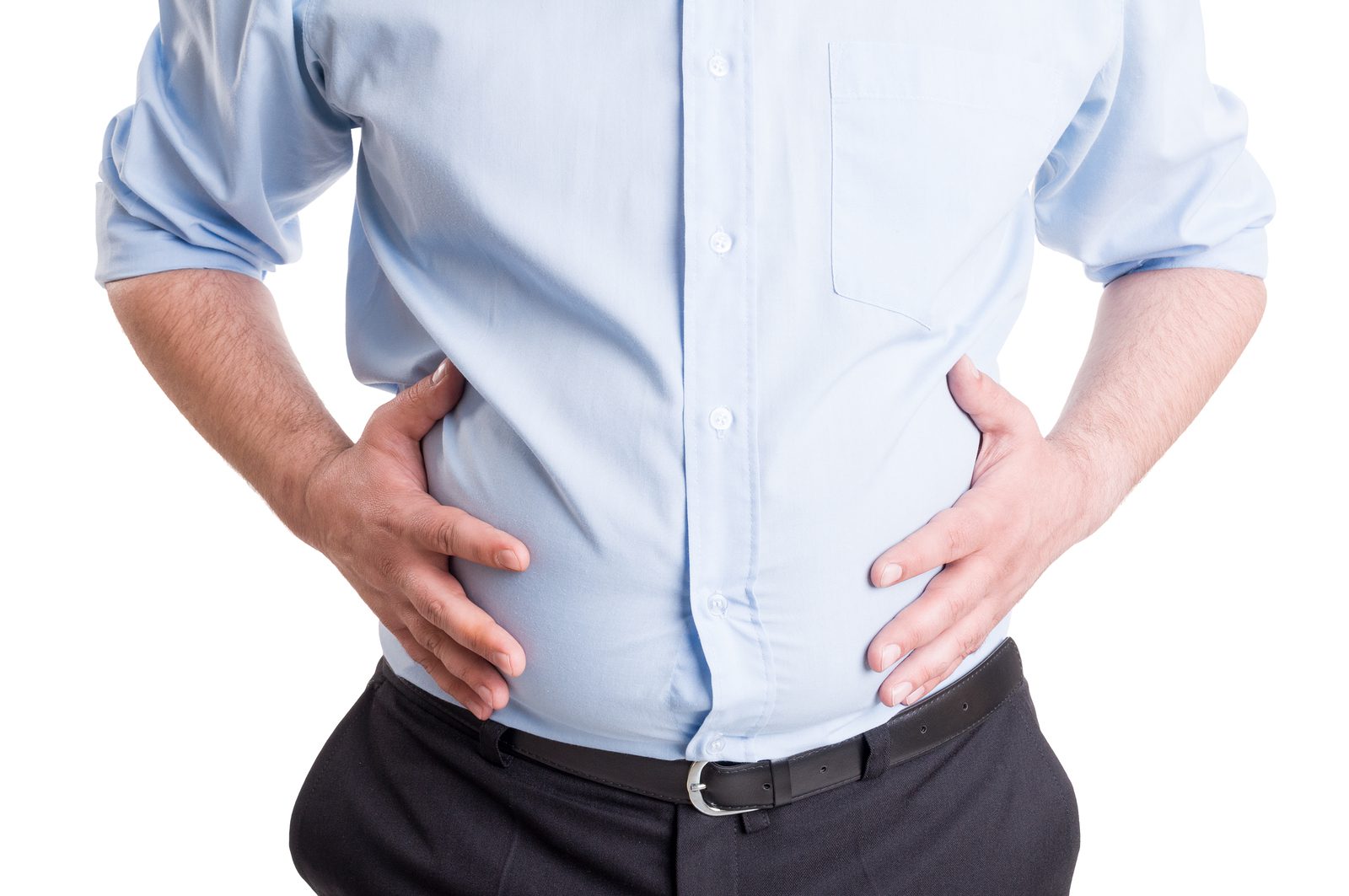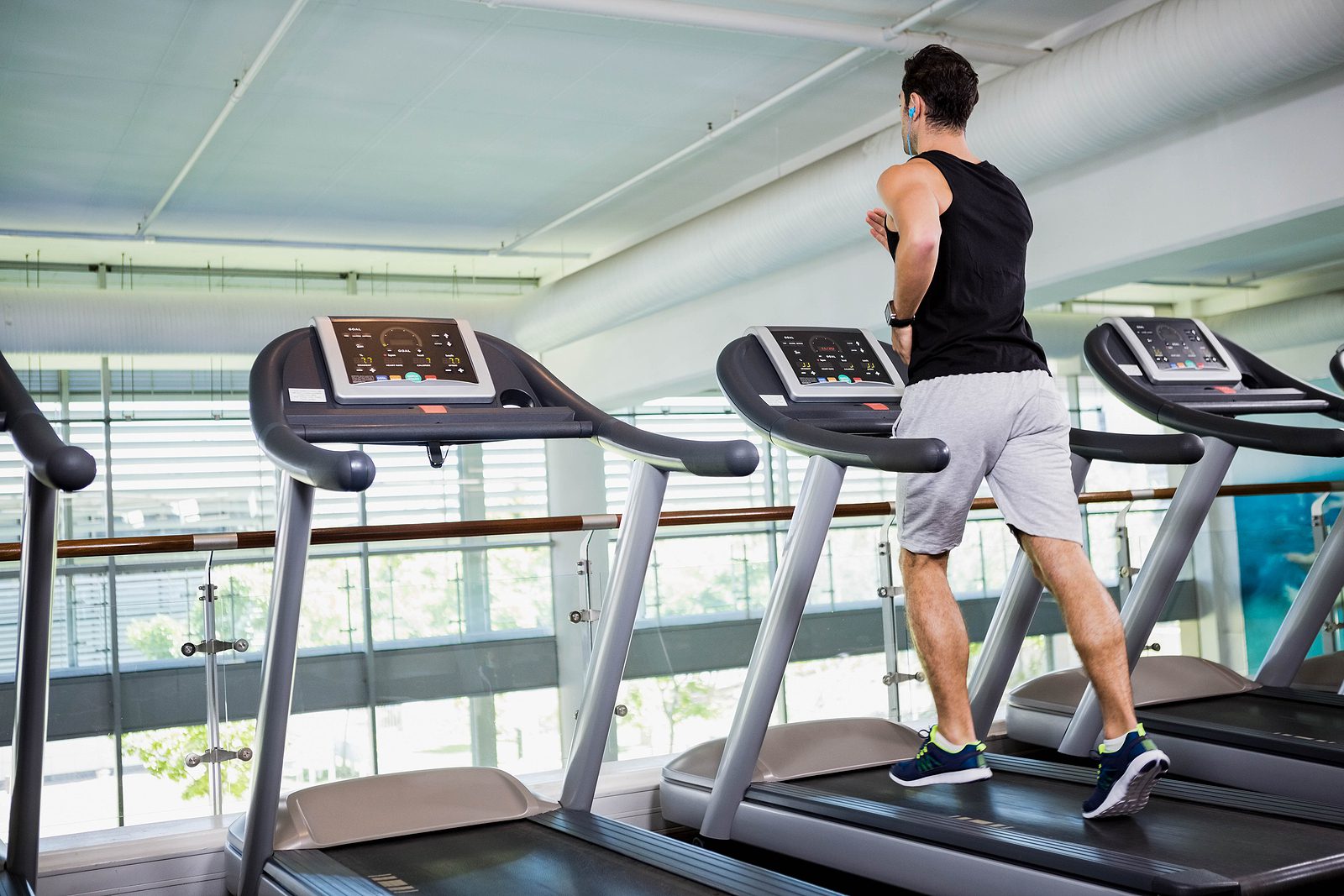 We all know the dreaded feeling when we can barely button our pants, our belly is so distended that we look far into our second trimester of pregnancy, and we’re terrified to leave the comforts of home in fear of gastrointestinal distress. I’m talking about belly bloating.
We all know the dreaded feeling when we can barely button our pants, our belly is so distended that we look far into our second trimester of pregnancy, and we’re terrified to leave the comforts of home in fear of gastrointestinal distress. I’m talking about belly bloating.
Abdominal bloating is caused by a buildup of gas somewhere along the gastrointestinal (GI) tract and this causes the belly to look larger than usual, which can also be accompanied by pain and tenderness. These symptoms can occasionally be caused by a serious medical issue, but usually happen after eating and can be caused by disturbances of the digestive muscles. Although most of us experience this less-than-ideal feeling from time to time, roughly 16-30% of the population suffer from an enlarged and swollen stomach regularly. If you fall into the latter category, or face discomfort and a “stuffed” feeling more often than you would like, consider the following ways to reduce belly bloat.
- Drink Up
Increasing water intake can work wonders to eliminate bloat. This refreshing beverage flushes waste out of your system and helps keep things moving along. Opting for water over other beverages can be beneficial, as the carbon dioxide that makes carbonated beverages and soda fizz contain gas that can lead to bloating. Also, sugars and artificial sweeteners in some drinks can lead to unpleasant GI symptoms.
Incorporating more fruits and veggies into your diet can also assist in staying hydrated because most produce contains 80-90% water. Keep in mind that while exercising, it is important to hydrate before, during, and after to keep from getting dehydrated, which can also lead to constipation and the dreaded bloating symptoms. If you can’t stomach plain water, consider adding in citrus or herbs to enhance the flavor. Additionally, peppermint or ginger tea are both great alternatives that can help ease digestive distress.
- Get Moving
Exercise helps to move stool and gas along the GI tract to make you more regular and ease bloating symptoms. Workouts also help to release excess sodium through sweat, which can help relieve water retention. Even a quick 10-minute walk around the block can lessen bloating by passing gas through the digestive system. Additionally, there are several yoga poses that can position the muscles in the abdomen to encourage the release of excess gas. Child’s pose, happy baby, and squats can all help alleviate gas and the uncomfortable symptoms of bloating. Consider rolling out your mat in a private area away from family, friends, and coworkers to reduce the chances of the embarrassing symptoms associated with gas release.
- Slow Down
One of the main causes of bloating is swallowing too much air when you eat. Consuming meals on the run, eating too quickly, or ingesting foods while talking can all increase the amount of air that makes its way into your belly. Plan to give yourself at least 20 minutes to eat your meals and be sure to chew foods completely before swallowing. Digestion begins in the mouth and properly chewing foods can help cut down on digestive issues as food moves through the body. Nix using straws and chewing gum to cut down on gassy buildup, and lastly, try eating smaller meals throughout the day to ease discomfort.
- Increase Fiber Gradually
Increasing fiber consumption can prevent constipation, which is a common source of bloat. Fiber adds bulk to the stool, which helps things move through the digestive tract quicker. Only about 5% of Americans meet their daily fiber requirements of 25 grams for women and 38 grams for men. However, it is important to know that increasing fiber too quickly can cause even more gas and bloating. When upping fiber intake, it is best to start slowly and increase fiber consumption over several weeks to allow the body to adjust to changes. Consider gradually adding in additional servings of fruits, veggies, lentils, beans, whole grains, nuts, and seeds to increase daily fiber to keep you regular and feeling great.
- Keep a Food Diary
Food intolerances are the causes of many cases of bloat, which can lead to an increase of gas production in the intestinal tract. Lactose intolerance and gluten intolerance are two culprits that can lead to the accumulation of gas in the belly. Even healthy foods such as beans and cruciferous vegetables (broccoli, cauliflower, and cabbage) can cause less than ideal symptoms. If belly bloat plagues you after consuming meals, keep a food diary to track foods and beverages for several weeks to put the pieces together to determine what is causing you distress.
Although we all will most likely experience the uncomfortable symptoms of bloating from time to time, incorporating the above tips and tricks can help prevent and alleviate the symptoms of belly bloat. Experts agree that taking laxatives, water pills, fasting, and skipping meals are not viable ways to reduce belly bloat. While uncommon, bloating can sometimes indicate a health issue that needs medical attention. If bloating continues and does not subside over time with the above measures, speak to your doctor.


